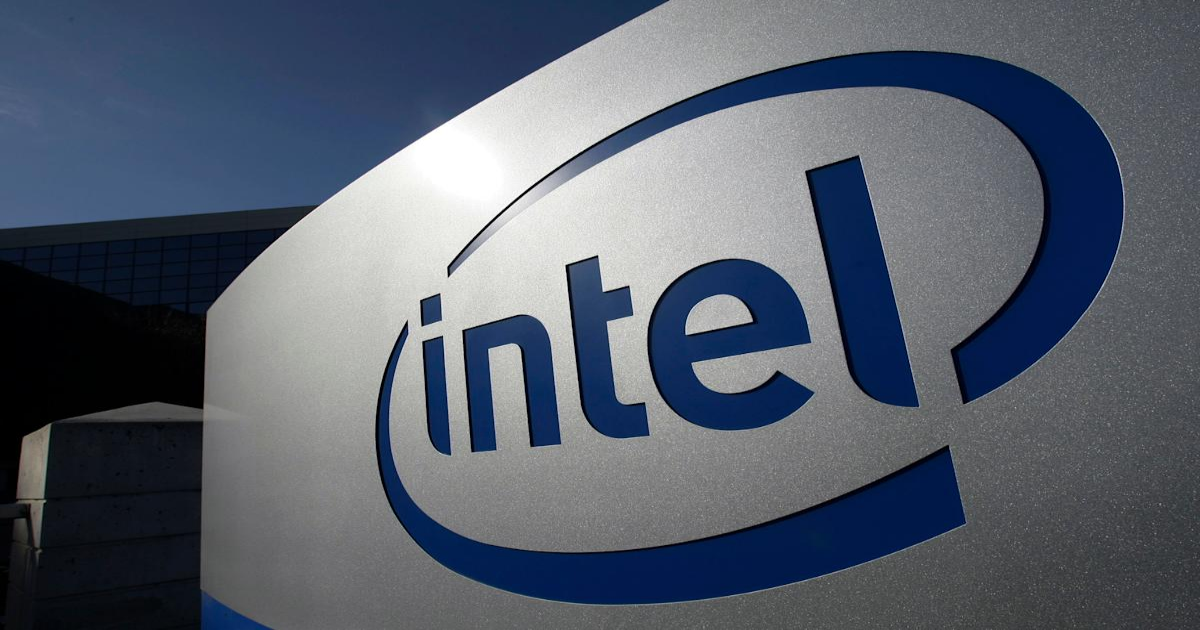Intel (INTC) reported its first quarter earnings after the bell on Thursday beating estimates on the top and bottom lines, but a disappointing outlook sent shares plummeting in after hours trading.
In the coming quarter, Intel says it expects second quarter revenue of between $11.2 and $12.4 billion. Wall Street was looking for $12.8 billion.
“The current macro environment is creating elevated uncertainty across the industry, which is reflected in our outlook. We are taking a disciplined and prudent approach to support continued investment in our core products and foundry businesses while maximizing operational cost savings and capital efficiency,” Intel CFO David Zinsner said in a statement.
Shares of Intel fell more than 6% following the announcement. Shares are off 38% over the past 12 months.
NasdaqGS – Delayed Quote • USD
For the first quarter, Intel saw adjusted earnings per share (Adj. EPS) of $0.13 on revenue of $12.7 billion. Analysts were expecting Adj. EPS of $0.01 on revenue of $12.3 billion, according to Bloomberg consensus estimates.
The company saw $0.18 per share and $12.7 billion in the same period last year.
Intel also reported client computing revenue of $7.6 billion versus expectations of $6.9 billion.
Data center and AI segment revenue came in at $4.1 billion versus expectations of $2.9 billion. Intel Foundry revenue topped out at $4.6 billion. Analysts were looking for $4.3 billion.
The earnings announcement, the first since new CEO Lip-Bu Tan took the reins of the ailing chip giant last month, comes as Intel girds itself for the potential fallout from President Trump’s trade war with China.
While Intel produces the bulk of its chips in the US, it is still susceptible to tariffs on laptops and other systems built in China. And while computers are currently exempt from tariffs, the Trump administration has signaled that it plans to reintroduce duties on those devices when it launches tariffs on semiconductors in the coming weeks and months.
During his first public comments as CEO at Intel Vision 2025, Tan laid out his plans for the company while acknowledging the weight of the task ahead of him.
“For quite a long time, we fell behind on innovation. As a result, we have been too slow to adapt and to meet your needs. You deserve better, and we need to improve. And we will,” Tan said during the event.
Wall Street is waiting for some kind of news about how the newly appointed CEO will move forward with Intel’s third-party foundry business. Analysts have called for everything from getting the company out of the chip manufacturing business to backing away from its attempt to turn into a third-party chip maker akin to TSMC.
